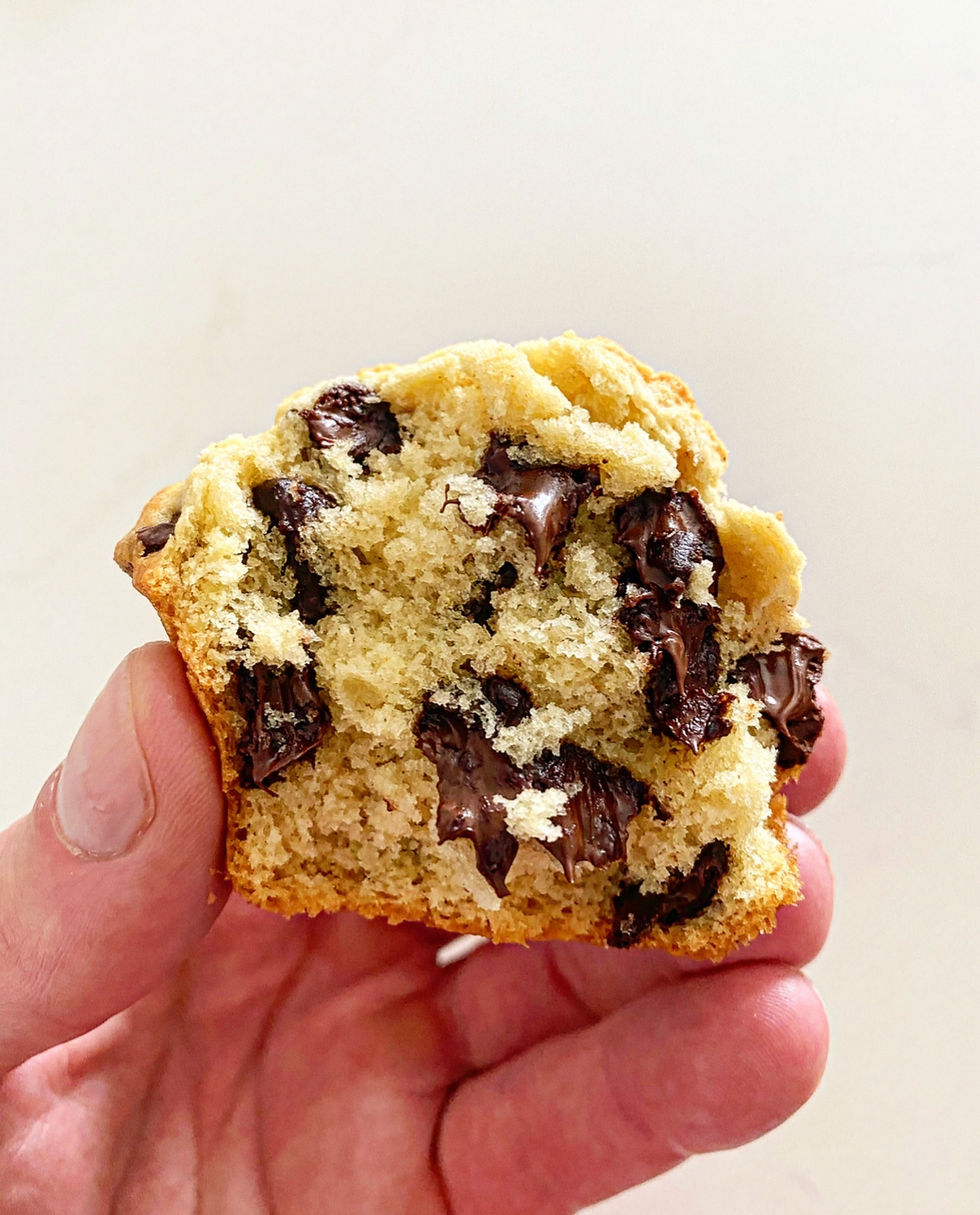Fueling Performance
- timdeagon
- Nov 1, 2022
- 2 min read
If you are training hard then you might as well maximize results with proper peri-workout nutrition. What you eat and drink before, during and after your workouts have a huge impact on your performance. Getting your fueling protocol dialed in requires that you first set clear goals. If your goal is to be as lean as possible then your diet will be different from someone training to set a personal best in a half marathon or the weight room.
High intensity training like sprints and lifting heavy requires carbs to operate at the highest. You can train on low carbohydrates and sprint or max out your barbell squats without any food but it wouldn’t be optimal. The carb requirements for hard training is a ratio of 1-4 grams of carbohydrates for every kilo of body weight with at least 20 grams of protein and a little fat. Taking in up to 4 grams of carbs per kilo may seem like an overwhelming amount of food so gradually ramp up your calories over time to avoid stomach issues.
The amount of time you have before training is also an important factor to consider. If you have 4 hours then more complex carbohydrates and more protein and fat would be appropriate. With only 2 hours, your intake needs to be reduced to around 1-2 grams per kilo, less protein and little to no fat. Simple carbs without fiber like certain fruits, juices and grains make a better choice. If you only have an hour or less go with liquid calorie sources like juice, honey and sports drinks with less protein. Training first thing in the morning can be tricky since you have little time and may not be hungry yet. If possible get your most important training sessions later in the day so you can appropriately fuel up.
Mid-workout nutrition will depend on what you are training and how long you are training. Typically, if you are training less than an hour just water is fine. Once you go over an hour electrolytes and carbs become more of a factor. If you are doing a 90 minute session then sip on something containing sodium, potassium and carbohydrates every 15 minutes. Heat, humidity and training at elevation all add to the stress of training and require more electrolytes during training.
Post-workout nutrition is all about recovering from your training session. A ratio to shoot for is 2:1 carbohydrates to protein for your post workout meal. Fats take longer to digest and should be avoided right after training. The specific amounts depend on the individual.




Comments